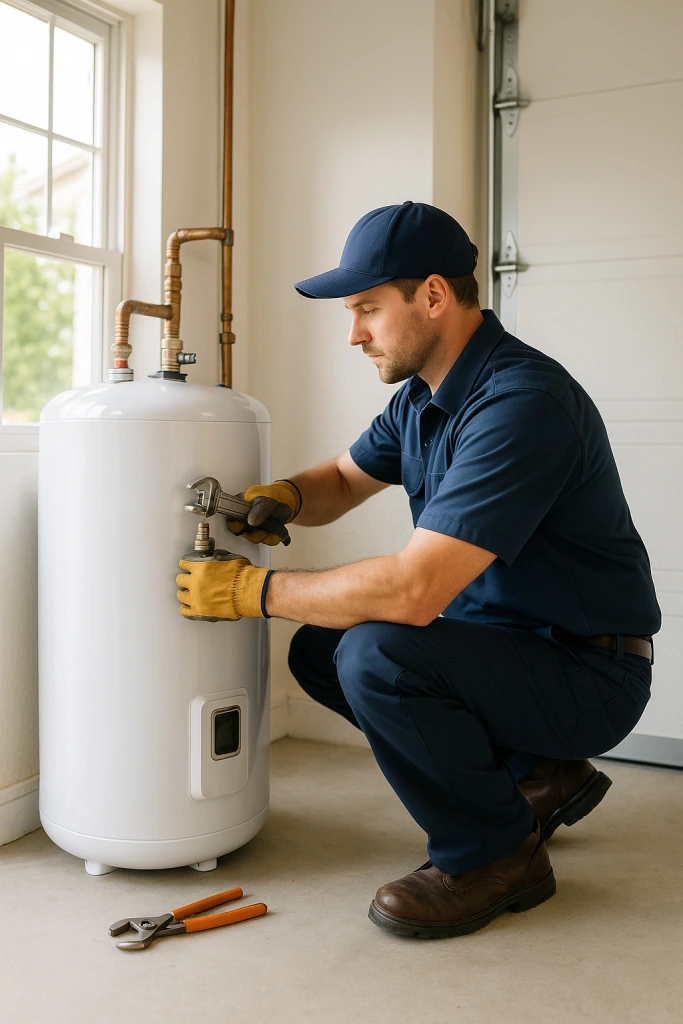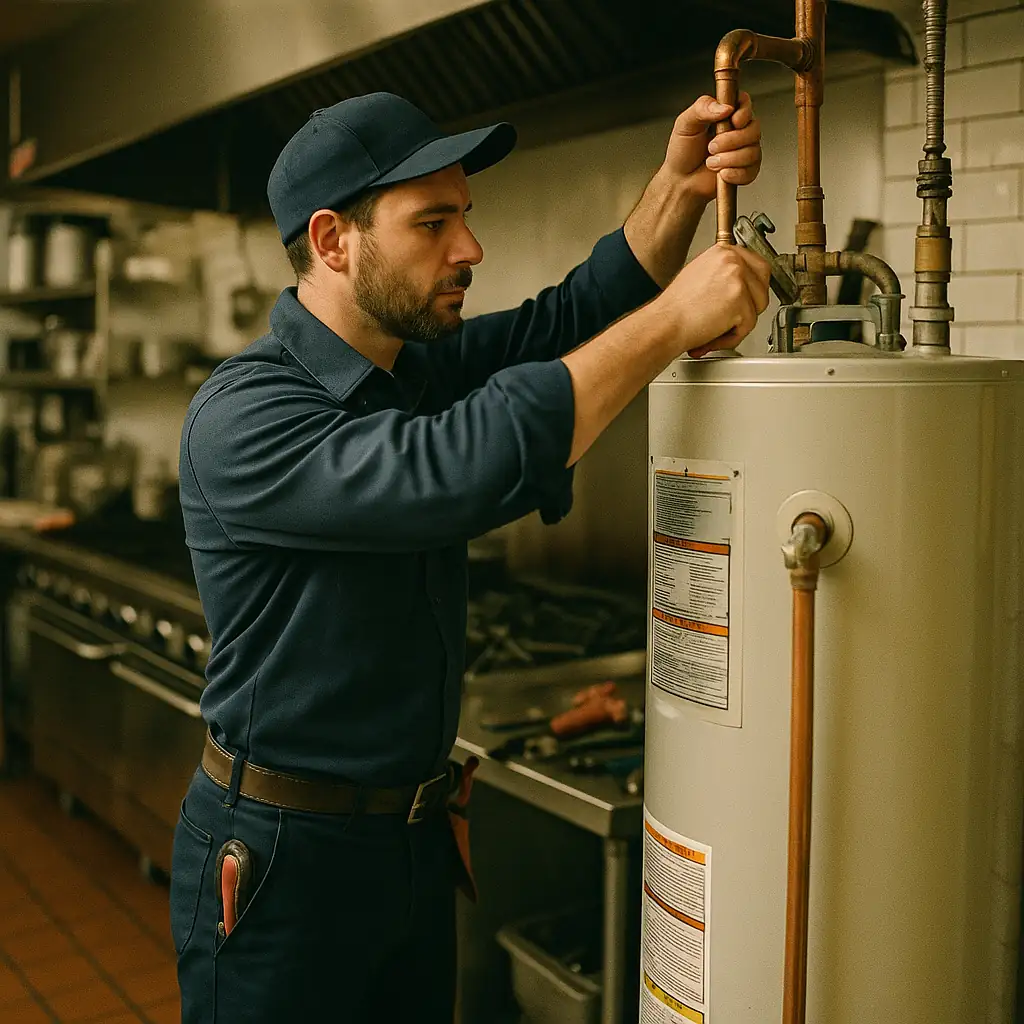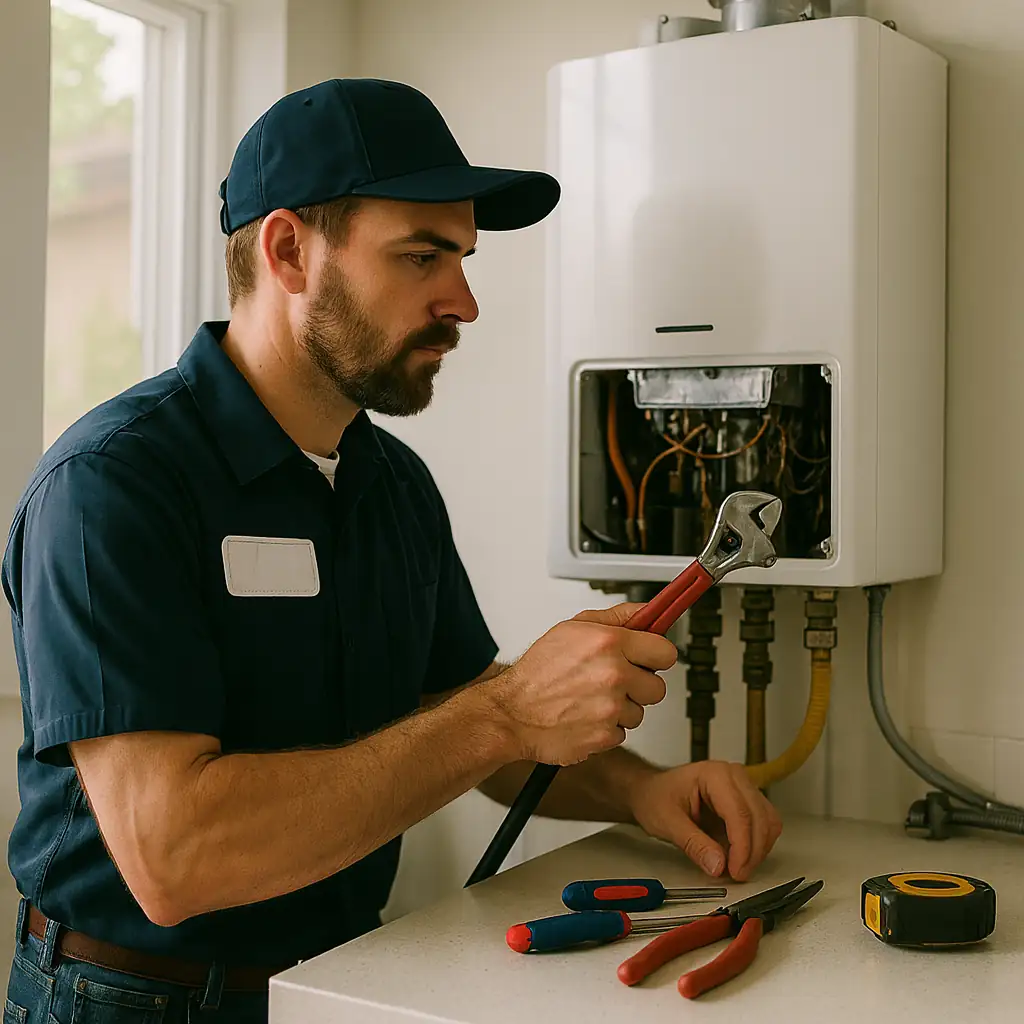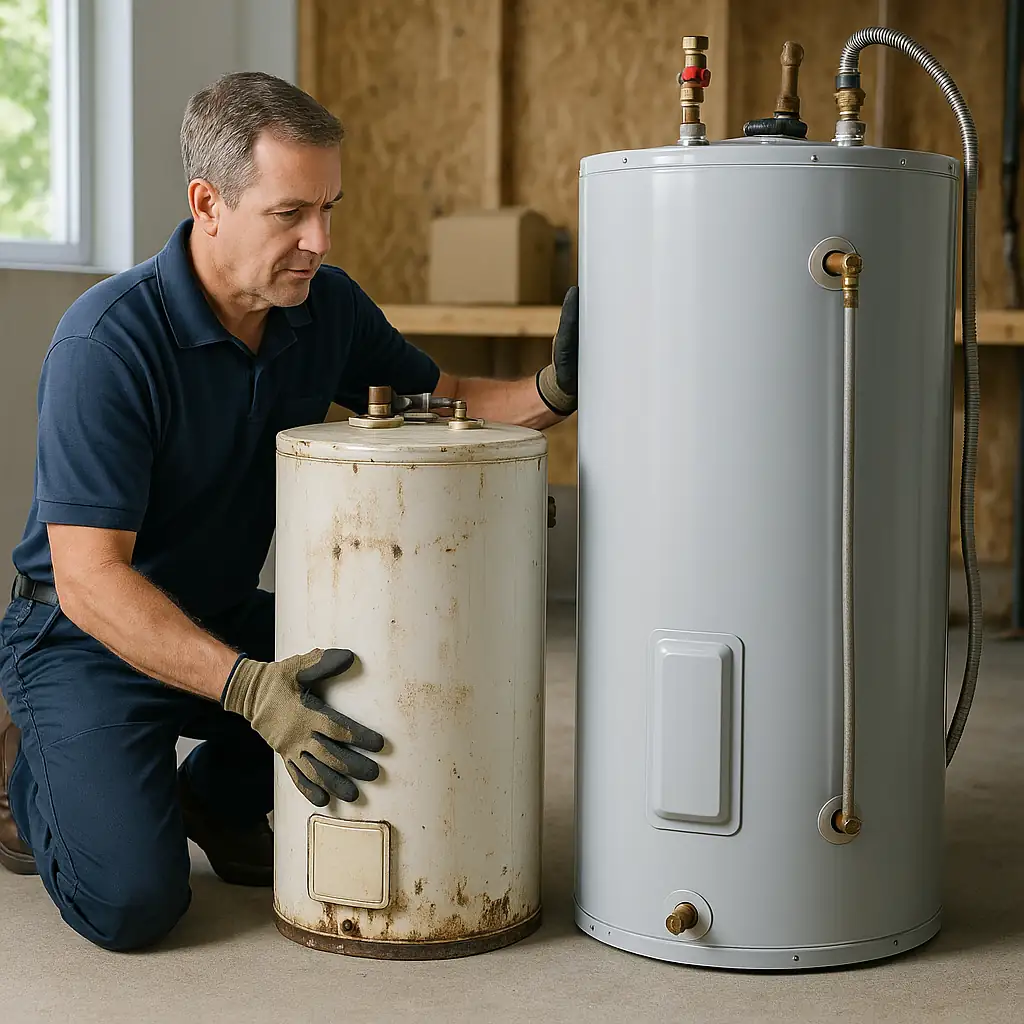The Ultimate Water Heater Buying Guide by Anytime Plumbing Santa Cruz

Selecting the right water heater for your home is a crucial decision that affects comfort, energy bills, and long-term reliability. This water heater buying guide by Anytime Plumbing Santa Cruz will help you navigate the different options, understand key features, and make the best choice for your household.
Types of Water Heaters: Tank vs. Tankless
Water heaters generally come in two main types: storage tank systems and tankless (on-demand) systems. Each has its advantages depending on your needs and lifestyle.
Tank Water Heaters store a predetermined amount of hot water, usually between 30 and 80 gallons. Once the hot water runs out, you need to wait for the tank to refill and heat water again.
- Pros: Lower upfront cost, simple installation, widely available.
- Cons: Limited hot water supply during peak use, energy loss from standby heating, typical lifespan of 8–12 years.
Tankless Water Heaters heat water only when needed, providing a continuous supply without storing it.
- Pros: Unlimited hot water, higher energy efficiency, longer lifespan (15–20 years), compact size that saves space.
- Cons: Higher installation cost, must be sized correctly for household demand, may require electrical or gas upgrades.
Fuel Options: Electric, Gas, and More
The fuel type you choose will influence operating costs, efficiency, and installation requirements.
- Electric Water Heaters: Easy to install and great for small homes or apartments without gas lines. Running costs vary depending on local electricity rates.
- Gas Water Heaters: Use natural gas or propane. They are ideal for larger households with high hot water demand but require proper venting and a gas connection.
- Hybrid/Heat Pump Water Heaters: Pull heat from ambient air to warm water efficiently. Excellent for energy savings in moderate climates, but they require adequate space and proper airflow.
- Solar Water Heaters: Preheat water using solar panels, often combined with electric or gas backup systems. They are environmentally friendly and reduce utility bills in sunny regions.

How to Size Your Water Heater
Choosing the correct size is critical for comfort and efficiency.
- Tank Systems: Look for the first-hour rating (FHR), which measures how much hot water the system can provide during peak demand.
- Tankless Systems: Pay attention to flow rate (gallons per minute) and the temperature rise needed for your household.
Undersized water heaters lead to insufficient hot water, while oversized units can waste energy and cost more upfront.
Energy Efficiency and Long-Term Savings
Efficiency matters for both cost and environmental impact. Modern systems often have Energy Star ratings or high-efficiency features.
- Tank Water Heaters: Consider models with higher insulation to reduce standby heat loss.
- Tankless Water Heaters: Require less energy because they heat water only when needed.
- Hybrid/Heat Pump Systems: Can use 60–70% less energy than traditional electric tanks.
While efficient units may have a higher upfront cost, the savings in utility bills over time often justify the investment.
Maintenance Tips for Longevity
Regular maintenance ensures your water heater lasts as long as possible.
- Tank Systems: Flush the tank once a year to remove sediment and prevent corrosion.
- Tankless Systems: Descale periodically if you have hard water and schedule annual inspections.
- Solar and Hybrid Systems: Follow manufacturer recommendations for cleaning and inspection.
Proper maintenance not only extends the lifespan but also keeps your system running efficiently.

Lifestyle and Home Considerations
Your household’s habits, home layout, and climate affect the type of water heater you should choose:
- High simultaneous demand? Larger tank or high-flow tankless systems are recommended.
- Limited space? Compact tankless or hybrid models save room.
- Eco-conscious? Solar or hybrid units reduce environmental impact.
- Planning long-term savings? Investing in energy-efficient models may pay off over the next decade.
Final Thoughts
Choosing the right water heater is an important investment in comfort, efficiency, and reliability. Consider:
- Technology type: tank, tankless, hybrid, or solar
- Fuel source: electric, gas, or solar
- Proper sizing for your household needs
- Energy efficiency and expected savings
- Maintenance requirements and lifespan
Working with a professional plumber can ensure that your water heater is installed correctly and meets your home’s specific requirements. By considering these factors carefully, you can enjoy consistent hot water, reduced utility costs, and peace of mind for many years.





